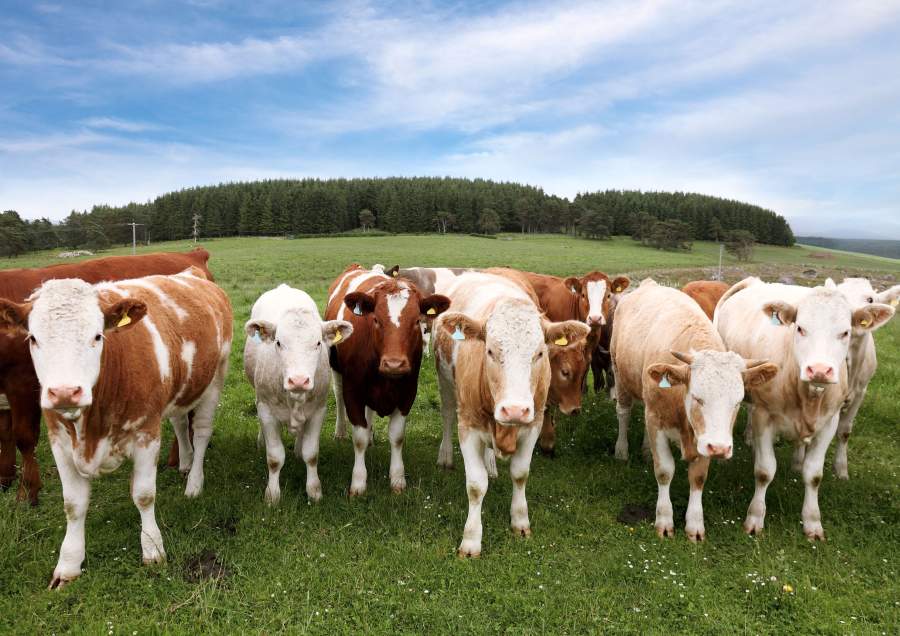
The veterinary industry has welcomed the "sensible" measures put forward by the government to increase the frequency of TB testing.
Defra have announced that bovine TB testing in cattle in the High Risk Area (HRA) of England will increase in frequency to once every six months.
The announcement comes in an effort to more quickly identify and eradicate bTB in England’s cattle herds.
In their announcement, Defra have also stated that testing can remain on an annual basis for those herds that have gone five or more years without disease or for farms that have been accredited under the industry-led Cattle Herd Certification Standards (CHeCS) scheme, which requires a raft of biosecurity measures to be in place.
Measures have also been announced on compensation arrangements for infected animals that have to be slaughtered.
'Very sensible'
British Veterinary Association (BVA) President John Fishwick said the veterinary industry "strongly believes" increasing the frequency of testing to every six months in the High Risk Area is a "very sensible" measure.
Mr Fishwick said it will enable earlier identification of bTB, which will not only provide farmers more certainty on the disease status of a herd but should help in the eradication of this devastating disease.
He said: “We’re happy to see that farmers who are being proactive in building resilience to bTB under the CHeCS will be recognised by retaining the frequency of testing at once a year. A greater gap than once a year between testing would introduce too much of a risk for the disease to be undetected.
“The compensation for the slaughter of infected animals is necessary, and we support the move to reduce this compensation for animals that are unclean when brought for slaughter. However, we cannot support the delayed slaughter of pregnant cattle that test positive for bTB, as retaining an infected animal on a farm would introduce a significant risk of transmission of disease to healthy livestock.
“We continue to support a comprehensive and evidence-based approach to tackling bTB and welcome the re-commencement of the Badger Edge Vaccination Scheme, particularly if used as a ‘firebreak’ to mitigate the spread of the disease into the low risk areas.”
In order to increase vaccination of badgers the Government is offering grants under the Badger Edge Vaccination Scheme. This will re-commence in 2018 and aims to create a buffer zone between the highest and lowest risk areas of England.
